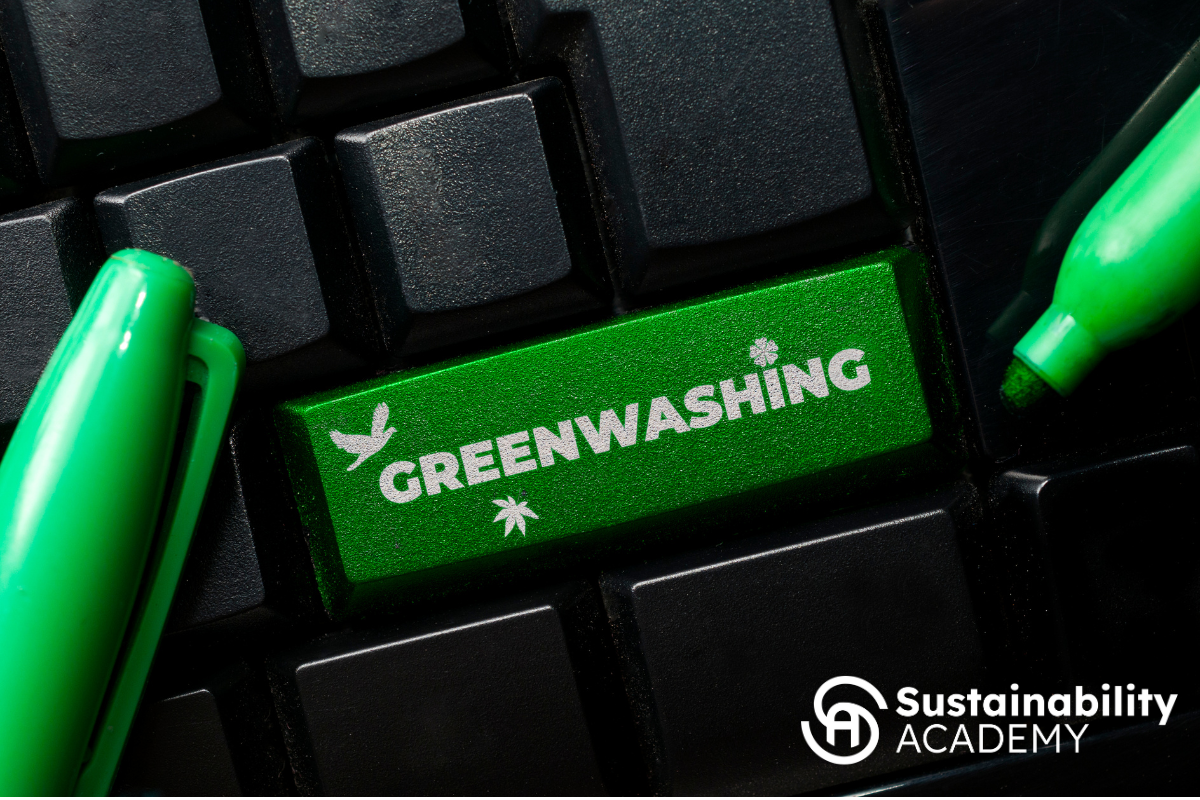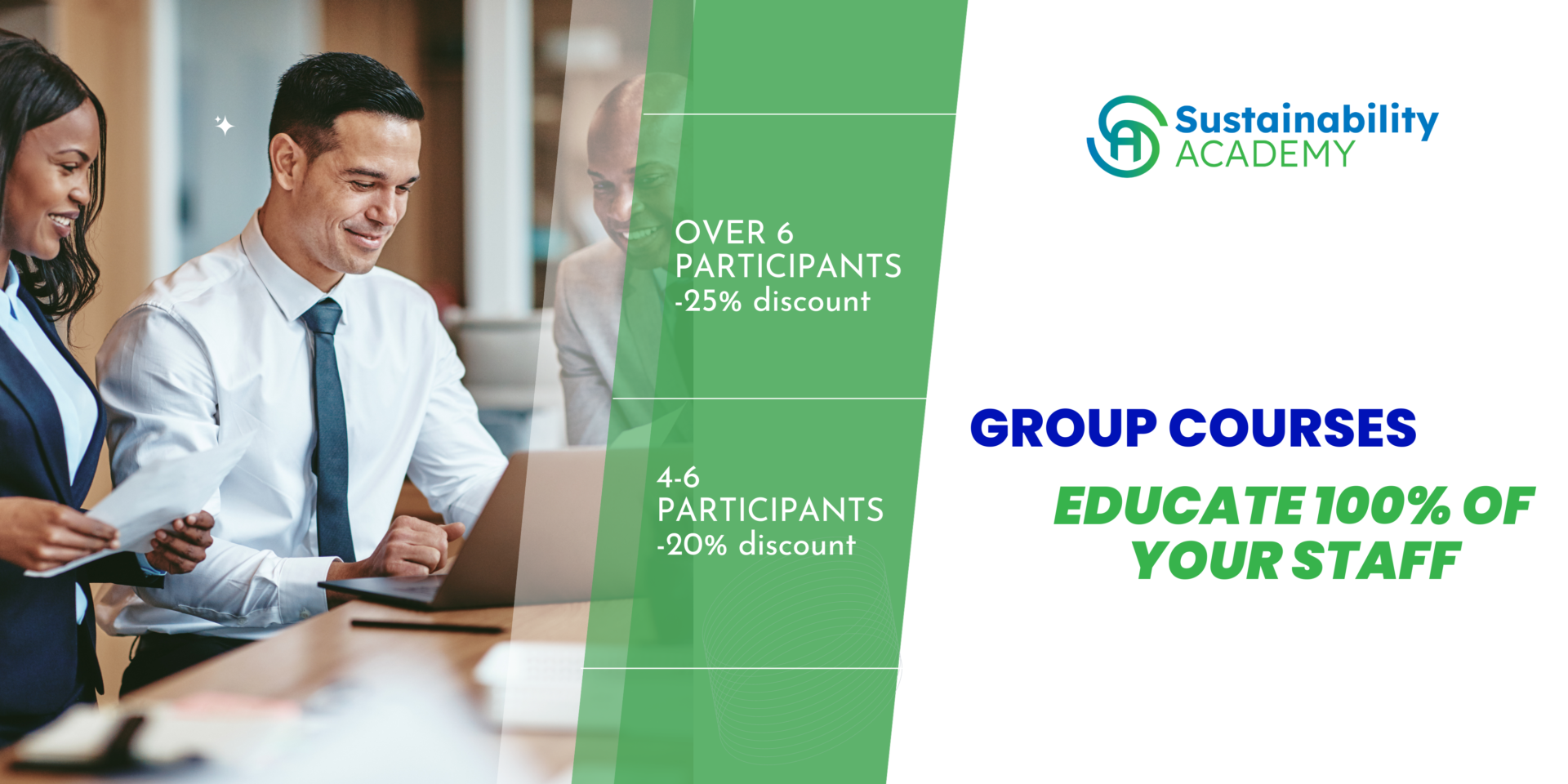During the last couple of years, regulators have been making serious efforts to end the greenwashing era.
Greenwashing misleads market actors and downgrades the efforts of the companies that truly want to green their products and activities. It poses several risks to consumers, businesses, and the environment. While companies engage in greenwashing to create a positive public image and attract environmentally conscious consumers, the deceptive practices can have significant negative consequences.
The IFRS Sustainability Disclosure Standards
The International Sustainability Standards Board (ISSB) issued its first two IFRS Sustainability Disclosure Standards in June 2023. The new ISSB’s rules are backed by the G20 and aim to increase the pressure on companies to disclose their environmental impact. The disclosure requirements have been designed with anti-greenwashing prospects.
The Green Claims Directive
Earlier this year, the European Commission presented a new legislation: the Green Claims Directive. It aims to establish the first set of detailed EU rules for the substantiation of voluntary green claims and regulate the use of environmental claims in marketing communications in Europe.
The proposed requirements find application to the vast majority of EU operating companies, from SMEs to large public companies. Companies based outside the EU that target EU consumers are also included.
The Green Guides by the US Federal Trade Commission (FTC)
The US FTC has turned its focus on greenwashing. In December 2022, it launched a review of the “Guides for the Use of Environmental Claims” (“Green Guides”). The Green Guides were first issued about 30 years ago, but new rules are expected to be in place by the year’s end.
UK CMA’s Green Claims Code
The UK’s Competition & Markets Authority (CMA) has already taken its first action against greenwashing in 2021 with the Green Claims Code. In January 2022, it additionally launched a sector‑by‑sector review of misleading environmental claims, starting from the fashion. In the beginning of 2023, the CMA expanded its investigation to more sectors.
The Australian Securities and Investments Commission (ASIC) priorities
Greenwashing is the new area of focus for ASIC. In May, the commission published a report, indicating its intention on surveilling possible greenwashing activities. The four core areas of concern were:
- net zero’ statements and targets
- use of terms such as ‘carbon neutral’, ‘clean’ or ‘green’
- fund labels
- scope and application of investment exclusions and screens
Moreover, the ASIC published an information sheet last year, providing a detailed guide of principles to follow when making, offering or promoting sustainability-related products.
From “carbon neutral” to “nature positive” and “environmentally friendly”, companies and agencies are now in the spotlight of unspecific claims. Particularly, climate-related claims are prone to being unclear and ambiguous.
Online Certificate on Green (Sustainable) Marketing

To address all the latest green claims issues, the Sustainability Academy has introduced a brand-new course, the Online Certificate on Green (Sustainable) Marketing. The course provides an overview of key issues and challenges involved in green marketing. It is designed to provide you with the necessary skills to implement a successful marketing strategy according to the latest sustainability frameworks and standards.
Additionally, the course will help you identify and combat greenwashing through real case examples from a variety of sectors.
Explore the opportunity to learn as a team with our special discount packages.
Group registrations allow you to attend our certified courses as a team at the same time. Our group courses are created to tackle present-day problems as well as prepare your company for the future.
Discounts can be applied to a group that registers either to the same course or in a combination of courses. Request more information at [email protected].
Why choose Sustainability Academy Certified Courses?
- Offer a unique Certification accredited by CPD in an affordable manner trusted by global Fortune 500 companies and global accounting firms for their staff education
- Content created by Sustainability thought leaders, professors and trainers with practical experience in the field of sustainability
- Self-paced Courses that can be completed anytime within 45 days
- Up-to-date content revised on annual basis that includes new legislations and trends based in field research
- Joined by thousands of learners from 90 countries, including Sustainability professionals, graduates and entrepreneurs from various sectors


